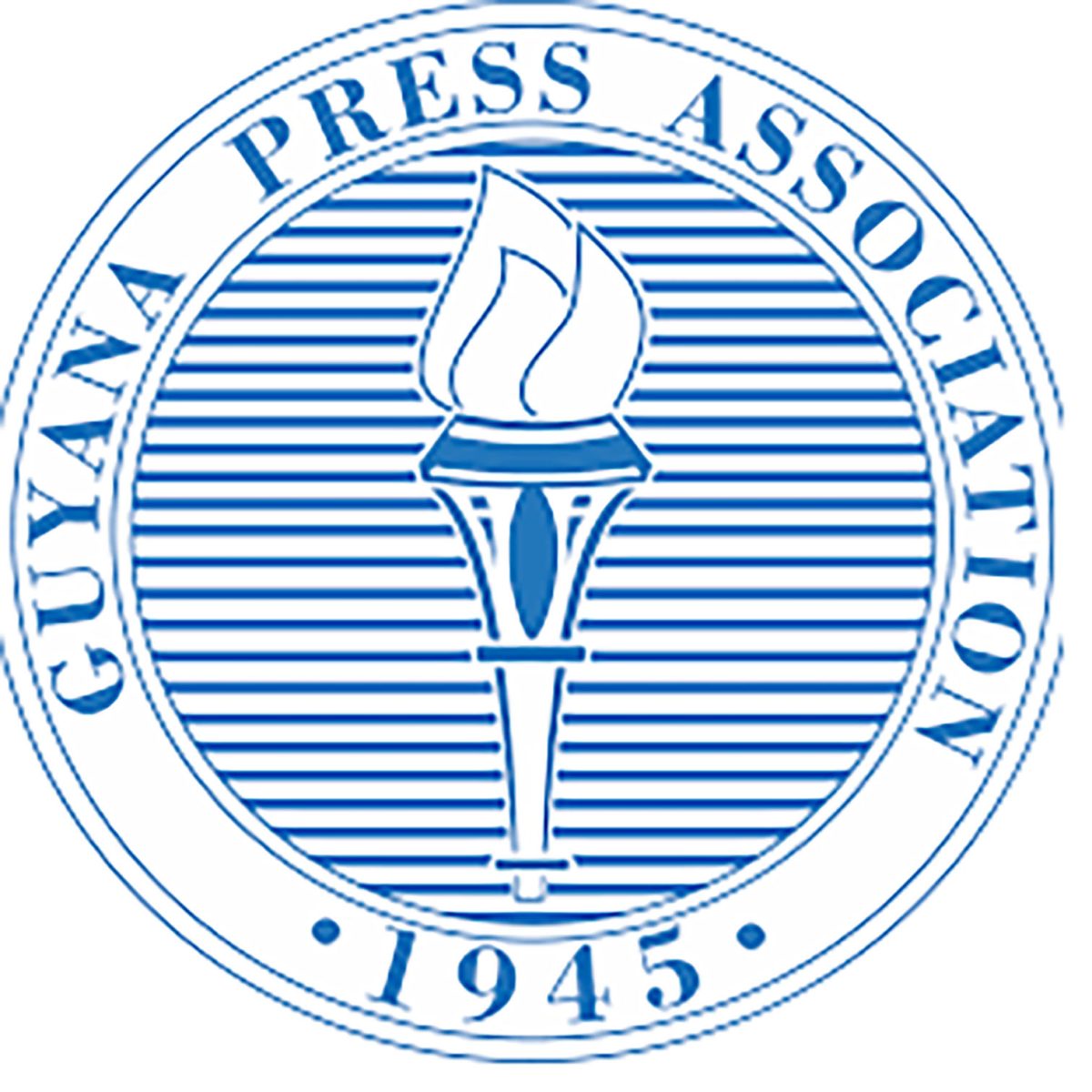-cites `alarming’ increase in online attack on media workers
As the Guyana Press Association (GPA) observes World Press Freedom Day 2024 today, it said that the country is facing an environmental crisis.
In a release yesterday in recognition of the day held under the UNESCO theme, “A Press for the Planet: Journalism in the face of the Environmental Crisis,” the GPA saluted all media workers, noting that this not only places media workers on the frontline of another crisis but it also gives the Association an opportunity to work towards solutions.
According to the release, the country faces a prolonged dry spell, which in some regions only now seems to be abating, an uncontrolled solid waste management crisis, varying in severity in different areas, and dismally poor environmental management of a number of gold mining and coastal sea defence areas. It pointed to the dried and cracked canals, increased food prices, and shortages of staples such as cassava, as evidence of a country and planet in the throes of a deep environmental crisis.
At a global level, the GPA stated, scientists attribute such a phenomenon to climate change which, as was seen in 2005, also causes devastating floods and can also trigger a dangerous rise in sea levels to the detriment of Guyana’s coastland where the majority of people live, work, and produce their food. Further, it observed that on a larger scale, what is visible is a country where littering and indiscriminate waste disposal is now a “national pastime” with authorities “failing dismally” to prosecute perpetrators and collect waste in a timely manner.
As such, the release argued, the local, regional, and central governments, must take collective blame for the state of the country’s environmental crisis – dirty streets and parapets, clogged drains and canals, and unregulated and unofficial dumpsites/ garbage piles.
Turning its attention to the mining sector, The GPA spoke of the “huge Martian-like scars” that could be seen in Guyana’s gold mining areas, indicative of the fact that there is no back-filling of mined out areas. Added to this travesty, miners have changed the course of creeks and rivers and there are huge questions surrounding the actual use of mercury abatement techniques and the eventual elimination of mercury use. The result of this is that many Indigenous communities have been forced to use polluted water for domestic use and as a source of fish.
And with regard to the coastline near the sea defence, there is clearly visible, the bad waste disposal practices in the towns and villages, especially when one takes into consideration the millions of plastic drink bottles and other debris that wash up and wash off with each tide. “Sections of the sea defence are now veritable dumping grounds for domestic and commercial waste. No one seems to care.”
Blame game
All this, the Association noted, “is happening before our very eyes while the blame game between government and the opposition continues. Taken together – solid waste and climate phenomena – Guyana is indeed facing an environmental crisis.”
To address this “crisis”, the GPA feels that what it needs is the constant and sustained training of a pool of specialist journalists whose task will be to simplify science information to make it palatable and connected to their daily lives. It also recommends that the government, private sector, and various United Nations organisations, inject resources into special serialised productions on environmental issues that will go beyond the average news story whose lifecycle is perhaps one day or a few hours or even minutes. And at the same time, media workers need to “jealously guard” against oil resources being used to bribe them from covering the real issues or engaging in disinformation.
The release also called for an end to “manufactured segregation and division in our society” as the nation seeks to tackle the environmental crisis. “The convenience (by the government) of engaging the Guyana Press Association needs to cease immediately. Inasmuch, as an institution, the Association is always ready and willing to work for the national good, it cannot be at the behest of the political directorate.”
Reference was made to the GPA’s invitation to Minister of Natural Resources Vickram Bharrat, and Head of the Environmental Protection Agency, Kemraj Parsram, to participate in its event for World Press Freedom Day 2024. The Association disclosed that both officials failed to reciprocate, since GPA had responded in the affirmative to the government’s invitation to participate in its World Press Freedom Day event.
As such, “in light of the intolerable discourtesy” extended to the Association by both Bharrat and Parsram, the Guyana Press Association stated its decision to withdraw its participation in the government-organised event.
The GPA also reiterated its commitment to building the capacity of media workers as it remains open to pursuing specialised training covering various issues. It disclosed that it has sent proposals to the PAHO/WHO and the Ministry of Health in 2023 to help its journalists understand and report on suicides in Guyana, as well as a proposal to the Ministry of Health to assist the media with training to help assist with its campaign on HPV vaccines. It also noted its commitment to the Ministry of Foreign Affairs and International Co-operation to ensure that press be informed before its informs on challenges to Guyana’s sovereignty.
The release also spoke of an “alarming increase” in online attacks against media workers and called on all citizens to ensure the protection of media workers in Guyana. “In some cases, women are trolled and bullied, in other cases, some of our journalists are met with aggression by public officials when asking probing questions.”
GPA also challenged the Guyana Police Force to act swiftly in several matters reported the police involving media workers. These include the cyber bullying meted out to journalist Davina Bagot in 2023, the shooting incident involving journalist Travis Chase in 2023, and the alleged sexual assault against a photographer also last year.






